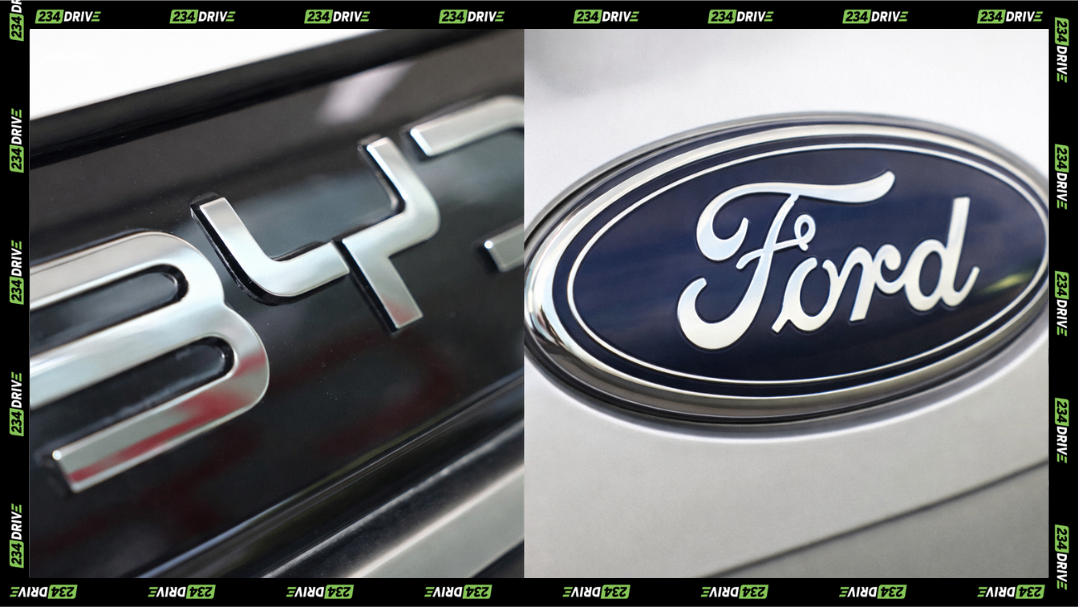Porsche AG, majority-owned by Volkswagen Group, has reported the largest quarterly loss in its history, a €967 million ($1.04 billion) deficit for the third quarter of 2025.
The loss was driven primarily by €1.8 billion ($1.94 billion) in restructuring expenses, as the company scales back its electric vehicle (EV) programmes and refocuses on combustion and hybrid models following slower global EV demand.
Operating profit for the first nine months of 2025 fell 96%, from €4.04 billion ($4.36 billion) to €40 million ($43 million). Moreover, the U.S. import tariffs added roughly €700 million ($755 million) in extra costs this year, prompting Porsche to raise vehicle prices in its largest market, which recently surpassed China, coupled with low demand for its luxury high-performance cars. Quarterly revenue declined to €8.7 billion ($9.4 billion), and Porsche’s shares were removed from Germany’s DAX index after multiple downward revisions to its earnings outlook.

Why Is Porsche Delaying Its Electric Vehicle Plans?
In a major restructuring move, Porsche cancelled its in-house battery development programme and postponed several new electric vehicles. A forthcoming SUV series initially planned as a fully electric model will instead feature combustion and hybrid options, as the German carmaker plans to give the EV market more time for the demand for luxury high-performance cars to grow.
Despite the downturn, Porsche reported a positive automotive net cash flow of €1.34 billion ($1.45 billion), suggesting ongoing liquidity strength. Chief Financial Officer Jochen Breckner described 2025 as “the trough year”, projecting a gradual recovery from 2026 onwards.
Porsche’s Latest Management Restructuring Aims to Steer Its Turnaround
The management has already planned a restructuring that will be in place by January 2026 with Michael Leiters as incoming CEO. Leiters was Ferrari’s former CTO and previously McLaren Automotive’s chief executive officer.
The former McLaren man, who previously led development of the Cayenne and Macan models, is expected to guide Porsche’s transition toward hybrid-focused production while maintaining financial stability. The company forecasts 2025 full-year revenue between €37 and €38 billion ($40–41 billion) and an operating margin of up to 2%, a steep drop from pre-restructuring levels near 15%.
As Porsche rethinks its electric vehicle roadmap amid rising pressures in its two largest markets—the U.S. and China—diversifying into Africa and South America could offer a steadier growth path.
These regions, where combustion and hybrid vehicles still dominate due to infrastructure and affordability constraints, represent untapped potential for Porsche’s rebalanced strategy. Positioning tailored products now could build early brand strength and pave the way for smoother entry once global and regional EV adoption matures.
While the profit and loss figures are heavy, industry experts maintain that Porsche’s core car business remains solid. The company’s key test is to stay profitable with its petrol and hybrid models while preparing a careful comeback to electric vehicles when the market improves.









